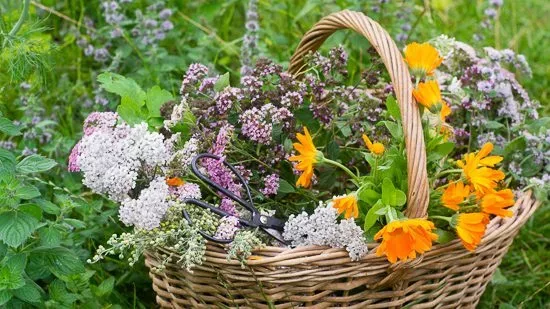
Grow and Forage Medicinal Herbs
by Dr. Kelley Garrison
Licensed Naturopath at Foothills Naturopathic
Despite the recent erratic weather we have been experiencing, Spring has officially sprung. As soil temperatures warm and the daylight hours continue to expand, many eager gardeners are already well into their gardening season. Whether you are a seasoned gardener, a novice wanting to flex their green thumb, or simply curious about growing herbs, below are some common medicinal plants that can be easily incorporated into your garden plots, raised beds, soil pots, or even countertop planters.
Many medicinal herbs are easy to grow and do not require a lot of space to produce a decent harvest. If you do not have an existing garden, you can purchase terra cotta pots and other small, mobile planters at most garden supply stores. These can be set outside on a porch or even inside by a window as long as they are able to receive a fair amount of sunlight. If growing herbs is not an option, skip to the weed section to find common weeds that can be used as medicine. As always, talk to your healthcare provider before starting any new herbal regimens.
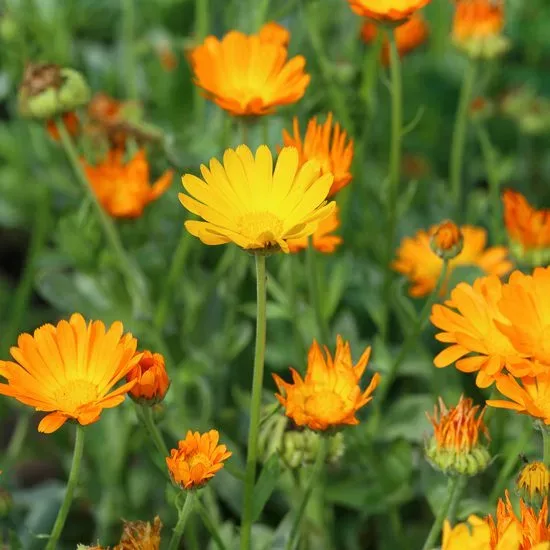
Calendula
Calendula (Calendula officinalis): Calendula is a personal favorite of mine. Its bright colored flowers are edible and can be added fresh to summertime salads. The dried flowers make a pleasant tea that helps to lower inflammation, soothe the gastrointestinal tract, and help to promote lymph movement throughout the body. The flowers can also be used to make salves, helping to ease inflammatory conditions of the skin and to help shorten the healing time of shallow wounds or burns.
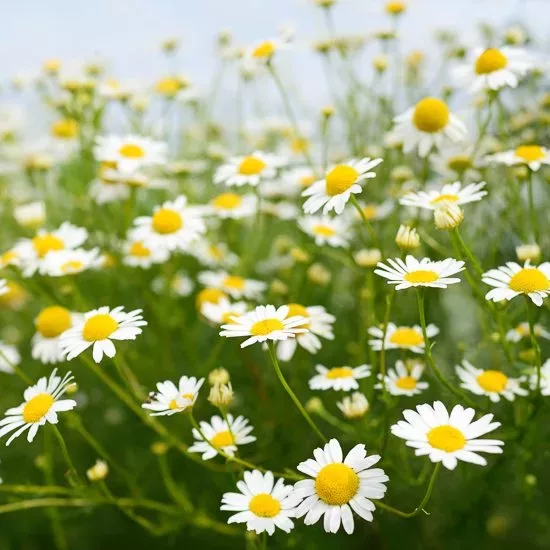
Chamomile
Chamomile (Matricaria chamomilla): Chamomile’s small white flowers can be dried to make a mild tea that helps to improve digestion, settle an upset stomach, reduce cramping, and ease an unsettled mind.
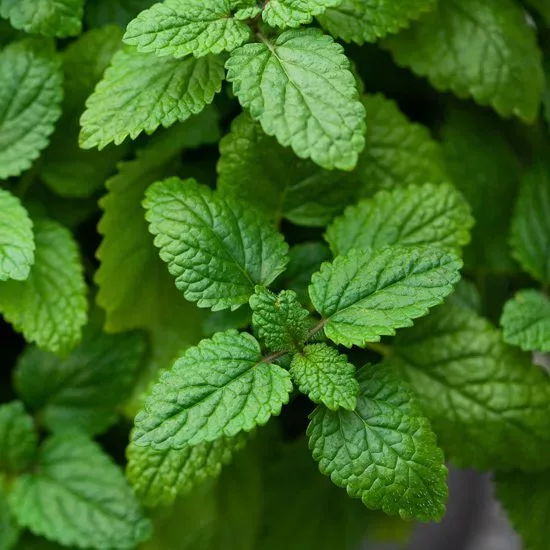
Lemon Balm
Lemon balm (Melissa officinalis): A common garden favorite, lemon balm leaves have a pleasant citrus taste that makes it perfect for teas or adding directly to smoothies. Lemon balm is a nervine, meaning that it helps to promote a sense of calm and can help reduce feelings of anxiety. It has been shown to improve cognition and to help reduce insomnia. Additionally lemon balm has antiviral properties and can be especially useful topically for cold sores.
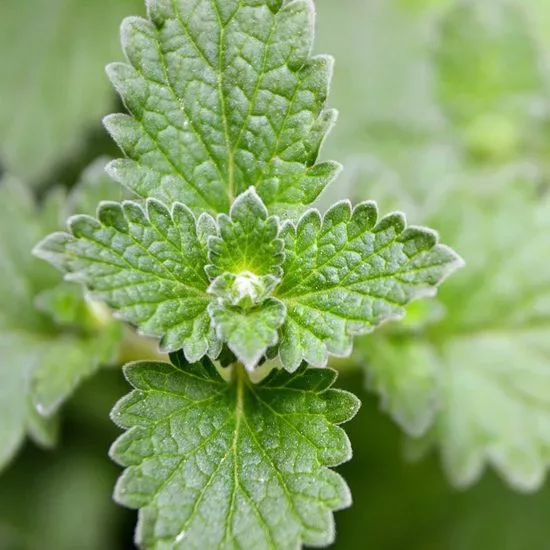
Catnip
Catnip (Nepeta cataria): Not just for cats! Catnip is a gentle mint that is calming to the nervous mind and can help settle digestive complaints associated with anxious feelings. It can be especially helpful for kids who get upset stomachs when under duress, easing symptoms of loose stools while simultaneously promoting a sense of calm. Catnip is another tasty herb whose leaves make a great tea when dried. If you have a cat at home, it is also fun to watch as they interact with this plant, often rubbing their backs and faces in the fragrant leaves.
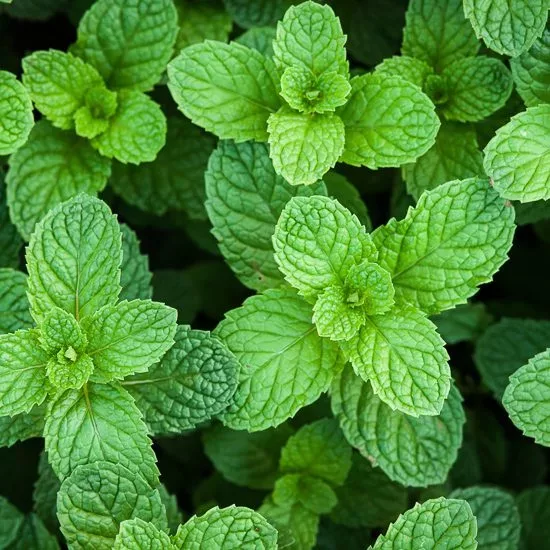
Peppermint
Peppermint (Mentha piperita): A common herb, peppermint leaves add flavor to teas while also helping a myriad of complaints. It is especially effective at decreasing nausea and easing abdominal cramping and pains. Caution should be used in people who have heartburn or reflux though as peppermint can worsen these symptoms via its ability to relax the lower esophageal sphincter. In these cases, spearmint make a great substitute (along with calendula and chamomile).
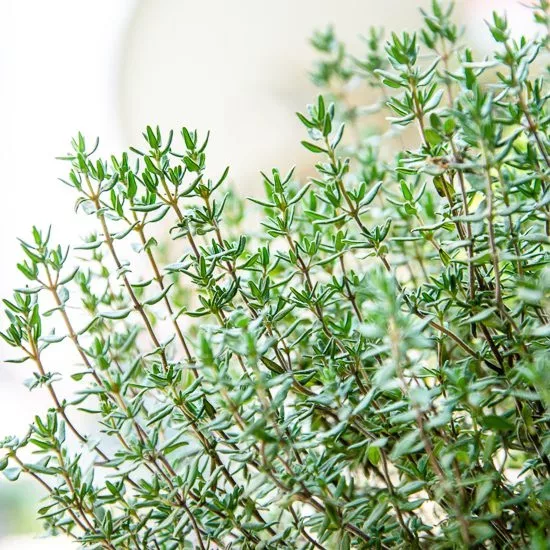
Thyme
Thyme (Thymus vulgaris): Like many culinary herbs, thyme is also a potent medicinal. It is a strong antimicrobial and can be added to teas and foods to help fight off infection. Additionally, it is anti-spasmodic and so can be useful for helping to control coughs. For respiratory complaints, its leaves can be added to a hot bath or a simmering pot of water, its fumes gently inhaled to access the lungs and help fight off colds and other infections.
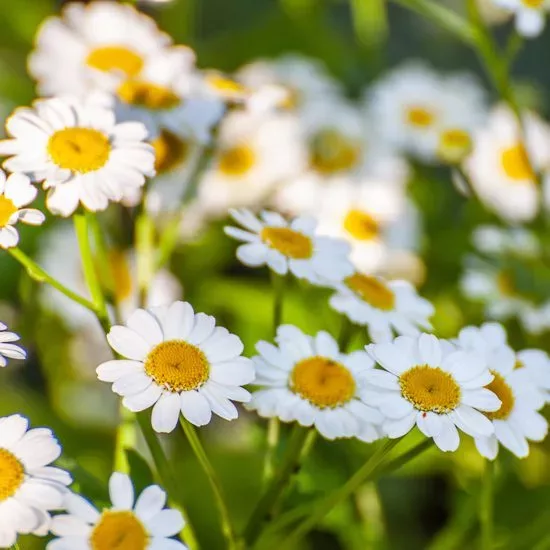
Feverfew
Feverfew (Tanacetum parthenium): Not for the faint of tastebuds as this herb has a potent bitter taste. Its leaves can be eaten fresh or in teas to help with chronic inflammation. It can be especially helpful for headaches and migraines. Use with caution, as sometimes the fresh leaves can cause some people to get canker sores. In these cases, discontinue use.
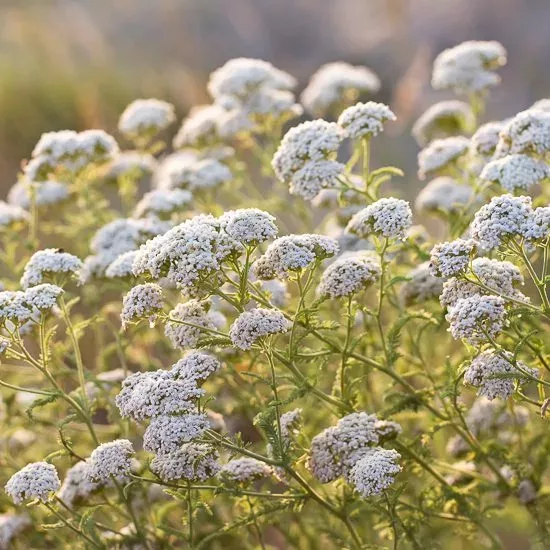
Yarrow
Yarrow (Achillea millefolium): Yarrow’s flowers and feather-like leaves act as a mild bitter, helping to improve digestive function and decrease abdominal cramping when used as a tea. It also has antimicrobial properties and helps to modulate inflammation. Topically it can be added to salves to help fight infection and reduce bleeding.
Forage Medicinal Weeds
Let’s be honest, the definition of a weed versus an herb is more of a matter of opinion rather than a key distinguishing feature. Indeed, many of the weeds growing in our lawns, along sidewalks, or at the edges of walking paths have a multitude of medicinal benefits and would fit right at home in a cultivated medicinal garden. Below are some common “weeds” that can be found locally. Be careful before harvesting to make sure they are not in an area sprayed with chemicals. And be sure to leave some behind for the bees and other wildlife.
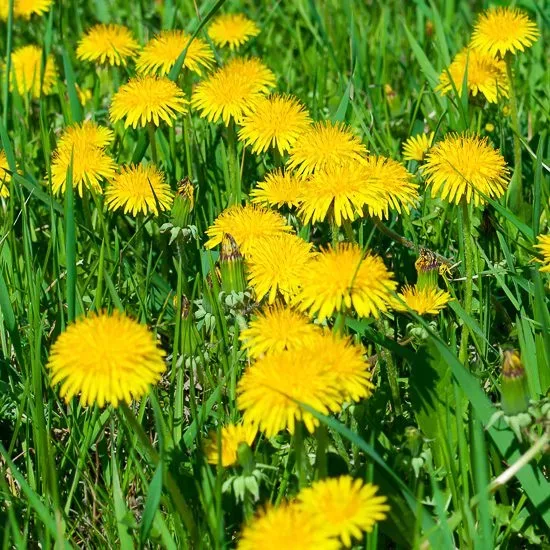
Dandelions
Dandelions (Taraxacum officinalis): all parts of this plant are medicinal and edible. This time of year, the leaves are at their most palatable. Slightly bitter, they make a great addition to salads or steamed greens. In the colder months of the fall and winter, their roots can be harvested, chopped up, and dried (or lightly roasted) to make a tea with a pleasant nutty aroma. Dandelions are helpful for digestive complaints, especially slow digestion and constipation. The inulin contained in the plant acts as a prebiotic, meaning it helps feed beneficial gut bacteria. Its roots and leaves help support gallbladder and liver health, can help ease skin conditions like acne and eczema, and its leaves act as a mild diuretic.
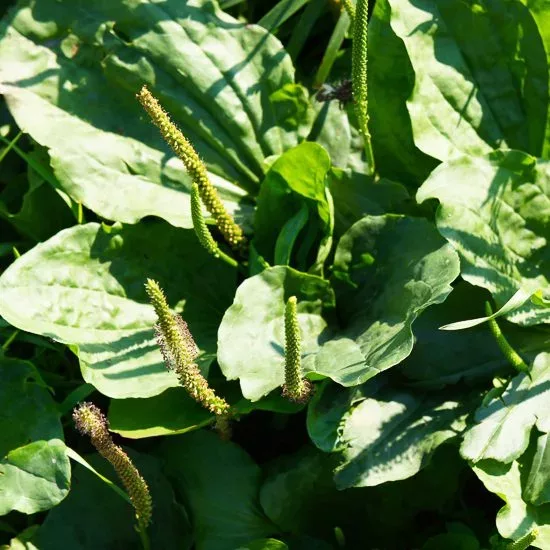
Plantains
Plantains (Plantago spp): The leaves of plantain are great at healing superficial wounds. They can be applied directly onto intact skin or used in salves for more topical uses. They work well for mild burns, insect bites, bee stings, skin abrasions, and rashes.
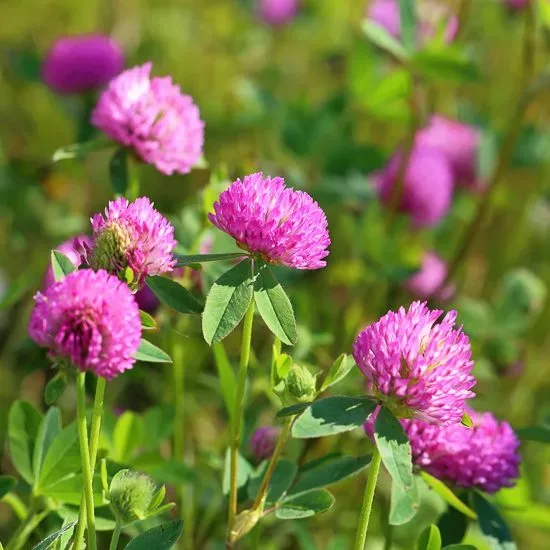
Red Clover
Red Clover (Trifolium pratense): Taken internally as a tea, the red-purple flowers of this common plant have many uses. They act as a sedative, helping to support a sense of calm and relaxation. The flowers also help support liver function and thus can be useful in chronic skin conditions such as eczema and acne. They are a potent phytoestrogen and can be helpful for those experiencing menopausal symptoms.
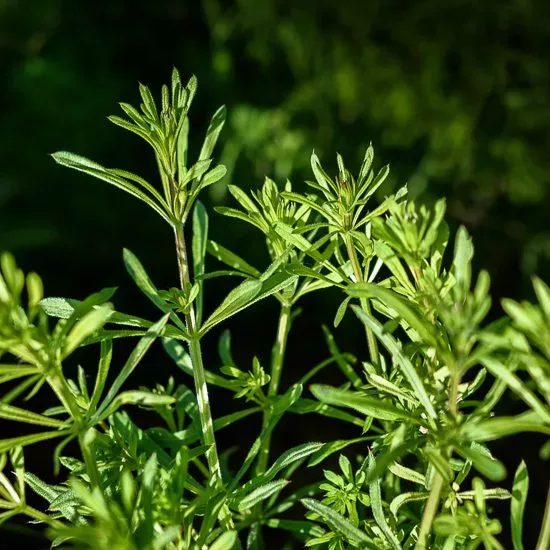
Cleavers
Cleavers (Galium aparine): Also known as bed straw this sticky plant is fun to play with as it’ll attach to clothes and hair easily. The leaves of cleavers help aid the lymphatic system, especially of the head and neck and so can be useful for congestion issues. Pairs especially well with calendula.
